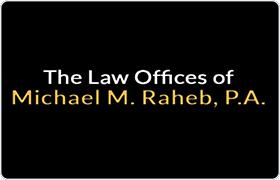Pineland Divorce & Family Law Lawyer, Florida
Sponsored Law Firm
-
 x
x

Click For More Info:
-
Law Offices of Michael M. Raheb P.A.
2423 First St Fort Myers, FL 33901» view mapCriminal Defense Law Legal Problem? Call Us 24/7
At the Law Office of Michael M. Raheb, we strive to ensure each of our clients receives the individual attention and representation necessary to obtain an optimal outcome.
800-890-8981
Raymond Brian Mitchell
✓ VERIFIEDProtecting Your Life, Liberty, Property, Family, Income, Assets, and Pursuit of Happiness! Eliminate Debts & Get a Fresh Start! See Your Children! Pro... (more)
Michael M. Raheb
✓ VERIFIEDMichael Raheb has successfully handled hundreds of cases in the state and federal courts of Southern Florida, in both the criminal and civil arenas. H... (more)
Scott N Faden
✓ VERIFIEDScott was born and raised in New York. He received his undergraduate degree from Binghamton University in upstate New York. He them attended and recei... (more)
 Michael M. Raheb Fort Myers, FL
Michael M. Raheb Fort Myers, FL Practice AreasExpertise
Practice AreasExpertise



